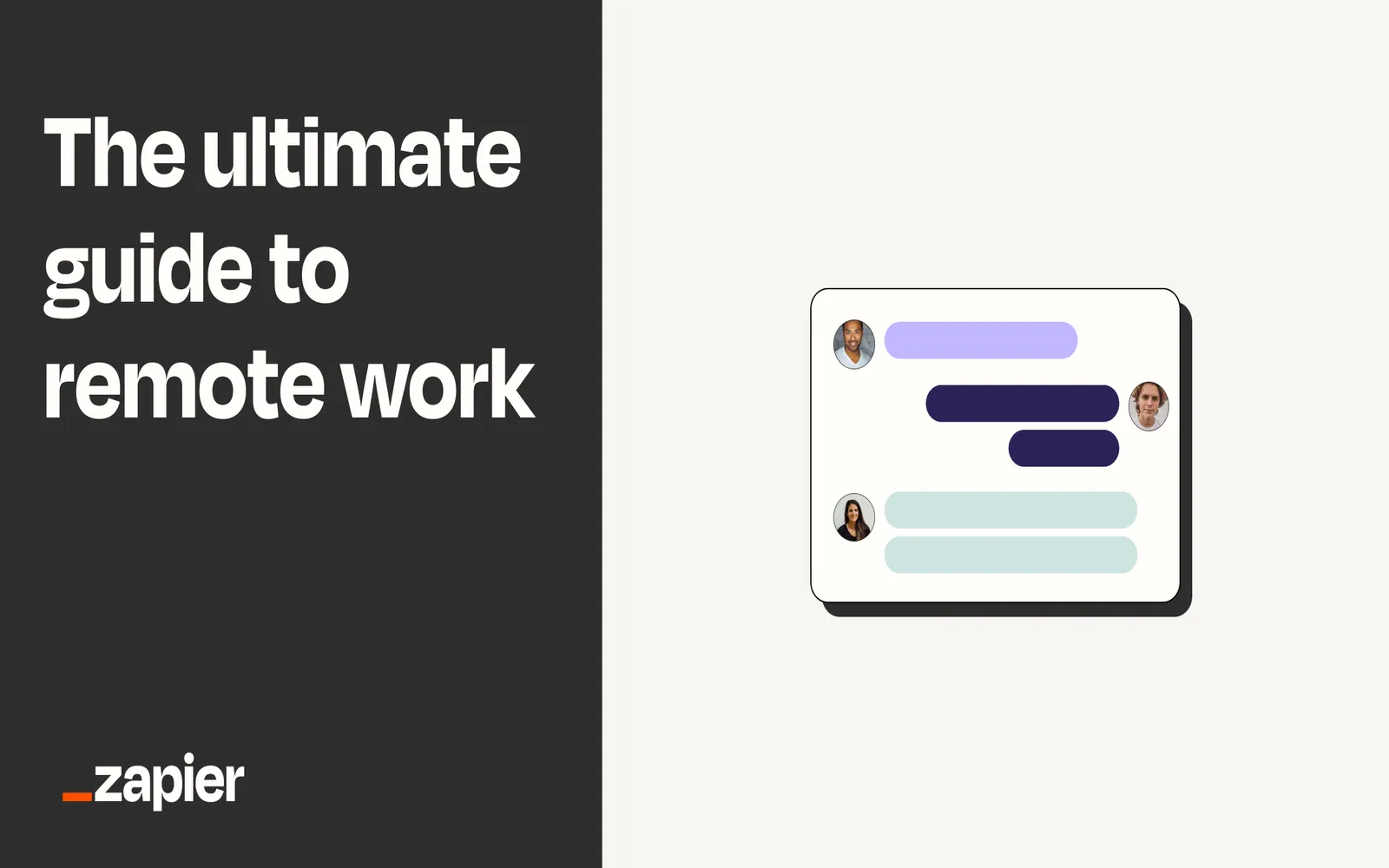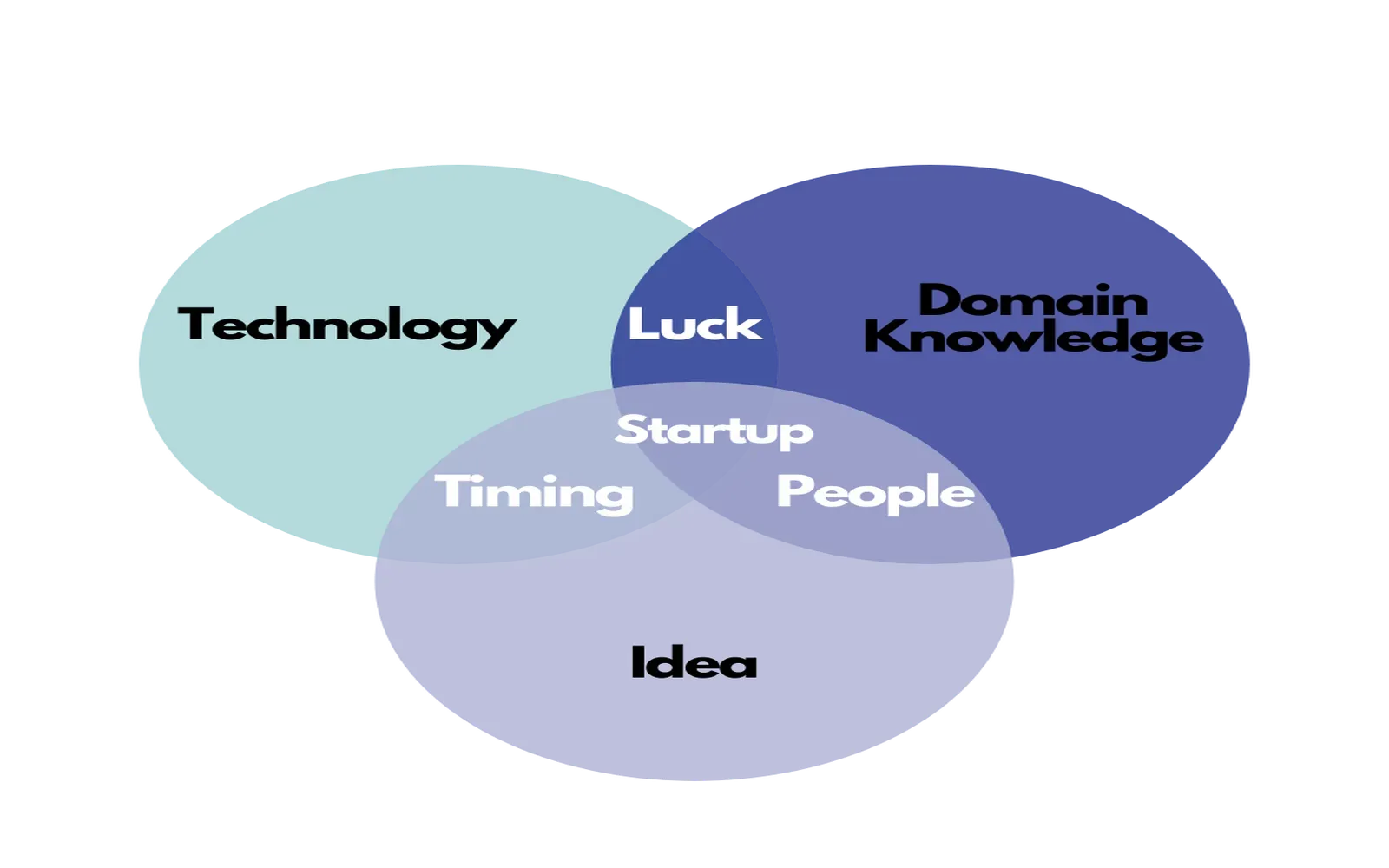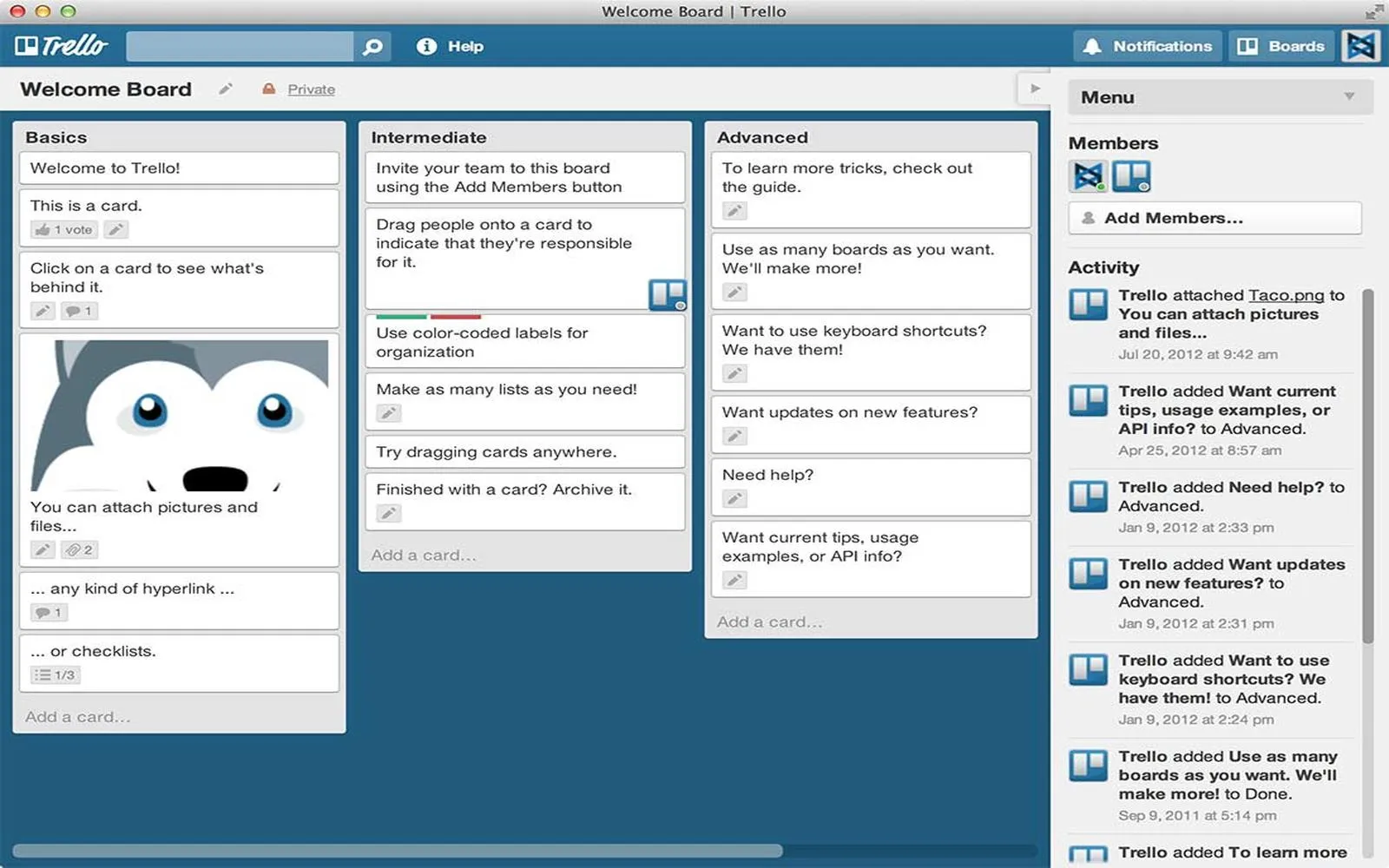As the remote work landscape continues to evolve, companies are exploring innovative methods to evaluate employee performance effectively. Leading organizations like Automattic, GitHub, and Help Scout have adopted unique approaches that prioritize transparency, employee engagement, and continuous feedback. This article delves into how these successful remote teams assess their employees, providing insights and best practices for organizations looking to enhance their evaluation processes.
1. Performance Metrics and KPIs
Each remote company has its own set of ''Key Performance Indicators (KPIs)'' that align with their business goals. Automattic, the parent company of WordPress.com, emphasizes ''output over hours worked''. They utilize metrics that focus on the quality of work delivered, rather than the time invested. This approach empowers employees to work at their own pace while ensuring that they meet project deadlines and maintain high standards.
GitHub, on the other hand, leverages ''data analytics'' to track employee contributions. They analyze repository activity, code commits, and collaboration efforts to gauge performance. This data-driven approach enables GitHub to identify high performers and provide targeted feedback, fostering growth and development among team members.
Help Scout also uses a combination of qualitative and quantitative metrics to evaluate performance. They focus on customer satisfaction scores and response times, which reflect the effectiveness of their support team. By incorporating client feedback, Help Scout ensures that employees are aligned with the company’s mission to provide exceptional customer service.
2. Continuous Feedback Loops
In traditional workplaces, performance evaluations often occur annually. However, remote teams like Automattic, GitHub, and Help Scout recognize the value of ''continuous feedback loops''. Automattic employs a ''peer review process'' where team members provide constructive feedback to one another regularly. This practice not only enhances team collaboration but also fosters a culture of transparency and accountability.
GitHub encourages managers to have regular one-on-one meetings with their team members. These sessions provide an opportunity for employees to discuss their challenges, achievements, and career progression. By maintaining these open lines of communication, GitHub ensures that employees feel supported and valued.
Help Scout implements a ''check-in system'' where employees can share their progress, goals, and any obstacles they may be facing. This proactive approach allows managers to offer timely assistance and guidance, ultimately leading to improved performance and job satisfaction.
3. Employee Self-Assessment
Encouraging employees to engage in ''self-assessment'' is another effective strategy adopted by successful remote teams. Automattic invites employees to reflect on their performance through self-evaluations, allowing them to identify their strengths and areas for improvement. This practice not only promotes self-awareness but also empowers employees to take ownership of their professional development.
GitHub also integrates self-assessment into their evaluation process. Employees are encouraged to set personal goals and assess their progress against those goals regularly. This approach helps individuals align their aspirations with the company’s objectives while fostering a sense of accountability.
Help Scout believes in the power of self-reflection as well. They encourage team members to evaluate their performance and share their insights during check-ins. This collaborative approach creates a shared understanding between employees and managers, leading to more effective evaluations.
4. Recognition and Rewards
Recognizing employee achievements is crucial for maintaining motivation and morale in a remote work environment. Automattic has developed a unique recognition program that allows employees to celebrate each other’s successes. This peer-to-peer recognition fosters a positive culture and encourages individuals to strive for excellence.
GitHub has implemented a system of ''performance-based bonuses'' that reward employees for their contributions to the company’s success. This tangible acknowledgment of hard work reinforces the value of individual efforts and motivates employees to continue performing at their best.
Help Scout takes a different approach by highlighting employee achievements in company-wide meetings and newsletters. This public recognition not only boosts individual morale but also inspires others to follow suit, creating a culture of high performance.
5. Adapting to Change
The landscape of remote work is ever-changing, and successful teams must be adaptable. Automattic, GitHub, and Help Scout are continuously refining their evaluation processes to meet the evolving needs of their workforce. By soliciting employee feedback on their evaluation systems, these companies can make informed adjustments that enhance the experience for everyone involved.
In conclusion, evaluating employees in a remote setting requires a thoughtful blend of metrics, feedback, self-assessment, recognition, and adaptability. Automattic, GitHub, and Help Scout exemplify how organizations can implement effective evaluation strategies that not only enhance performance but also foster a supportive and engaging remote work culture. As more companies transition to remote work, the insights from these successful teams will be invaluable in shaping the future of employee evaluations.
| Company | Evaluation Focus | Key Strategies |
|---|---|---|
| Automattic | Output Quality | Peer reviews, self-assessment |
| GitHub | Data-Driven | Regular check-ins, performance bonuses |
| Help Scout | Customer Satisfaction | Feedback loops, public recognition |





